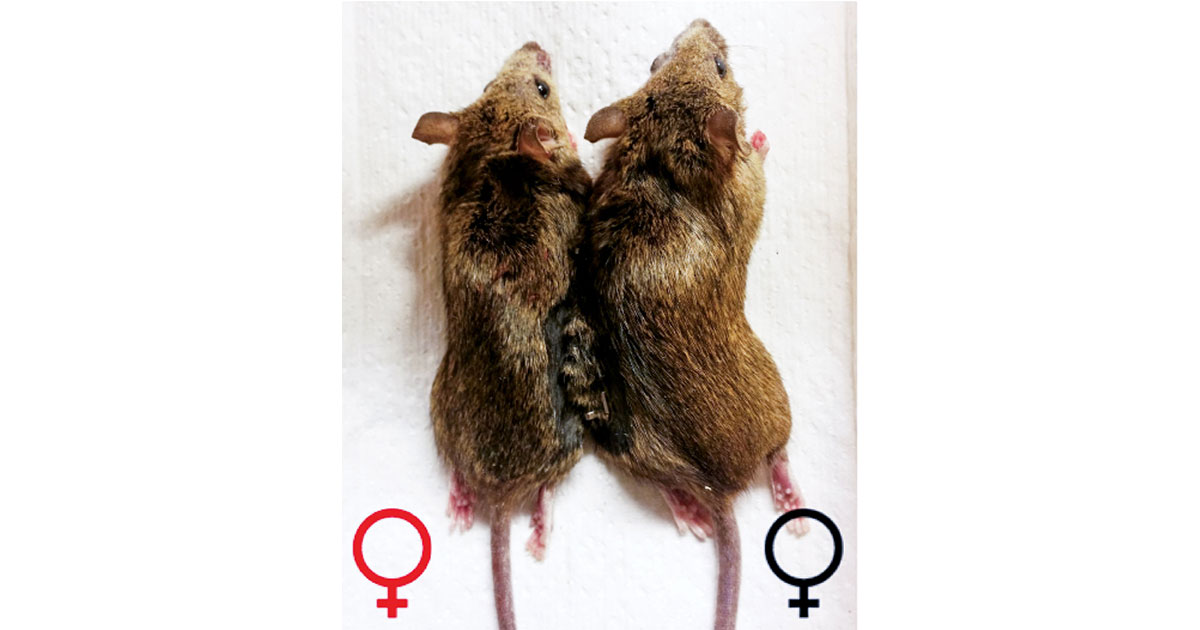Advertisement
Grab your lab coat. Let's get started
Welcome!
Welcome!
Create an account below to get 6 C&EN articles per month, receive newsletters and more - all free.
It seems this is your first time logging in online. Please enter the following information to continue.
As an ACS member you automatically get access to this site. All we need is few more details to create your reading experience.
Not you? Sign in with a different account.
Not you? Sign in with a different account.
ERROR 1
ERROR 1
ERROR 2
ERROR 2
ERROR 2
ERROR 2
ERROR 2
Password and Confirm password must match.
If you have an ACS member number, please enter it here so we can link this account to your membership. (optional)
ERROR 2
ACS values your privacy. By submitting your information, you are gaining access to C&EN and subscribing to our weekly newsletter. We use the information you provide to make your reading experience better, and we will never sell your data to third party members.
Biological Chemistry
GMO Trees Have Altered Microbiomes
Genomic Studies: Poplars engineered for reduced lignin recruit different bacterial populations than wild-type trees
by Sarah Everts
January 18, 2016
| A version of this story appeared in
Volume 94, Issue 3
Studies of the human microbiome have shown that a person’s genome plays an important role in determining the composition of the microorganisms that cohabitate the body. But what about trees? A team led by Wout Boerjan of Ghent University and Jaco Vangronsveld of Hasselt University decided to find out by studying whether poplars genetically modified to produce less lignin—facilitating their use in biobased chemical and energy production—have microbiomes similar to their wild-type counterparts. When the researchers compared stem, root, and leaf microbiomes of GMO poplars, they found that the trees recruited different species of microorganisms and a higher total number of microbial cohabitants (Proc. Natl. Acad. Sci. USA 2016, DOI: 10.1073/pnas.1523264113). Interrupting lignin biosynthesis—just with the silencing of a single gene—led to the accumulation of different phenolic compounds in the xylem of the modified trees. The researchers propose that the different phenolic menu is partly responsible for recruiting different bacteria. They caution that new metabolites produced by altered microbiomes could interfere with the intended phenotype of GMO plants. Unraveling these genotype-microbiome interactions may provide crucial clues for improving applications of genetic engineering in agriculture and phytoremediation, the team says.




Join the conversation
Contact the reporter
Submit a Letter to the Editor for publication
Engage with us on Twitter